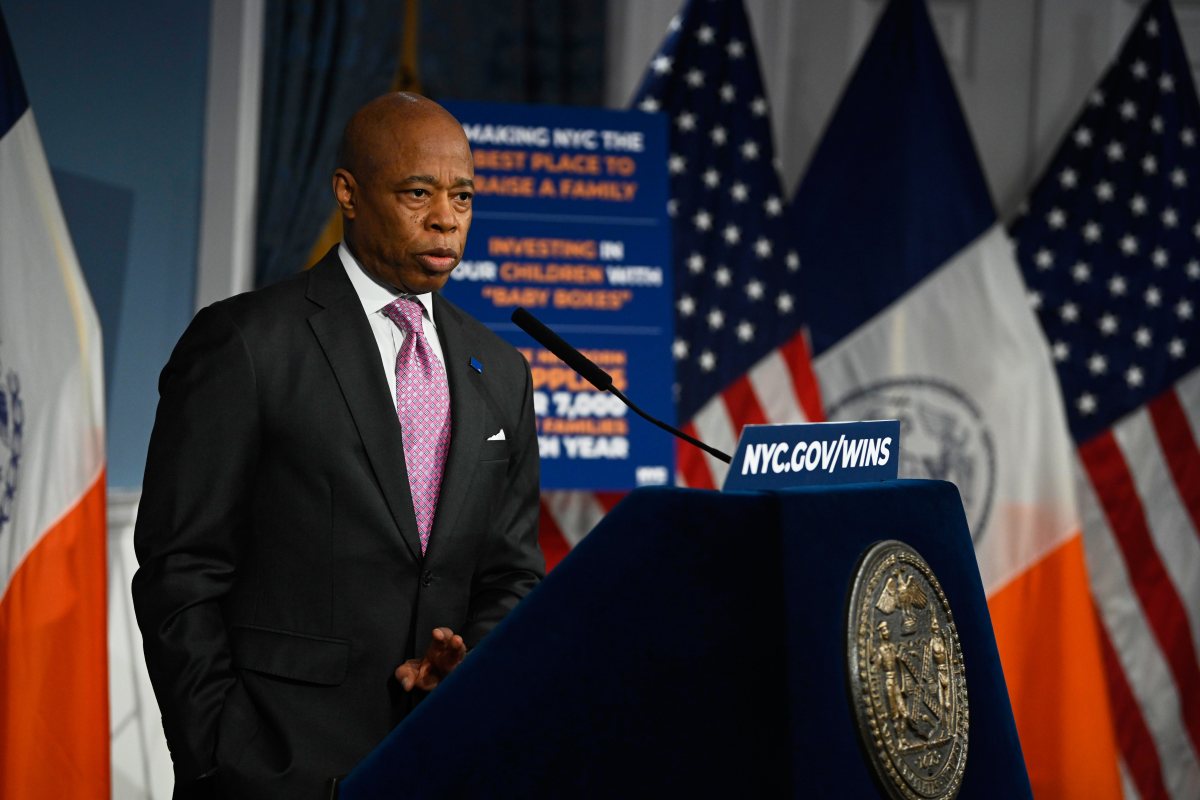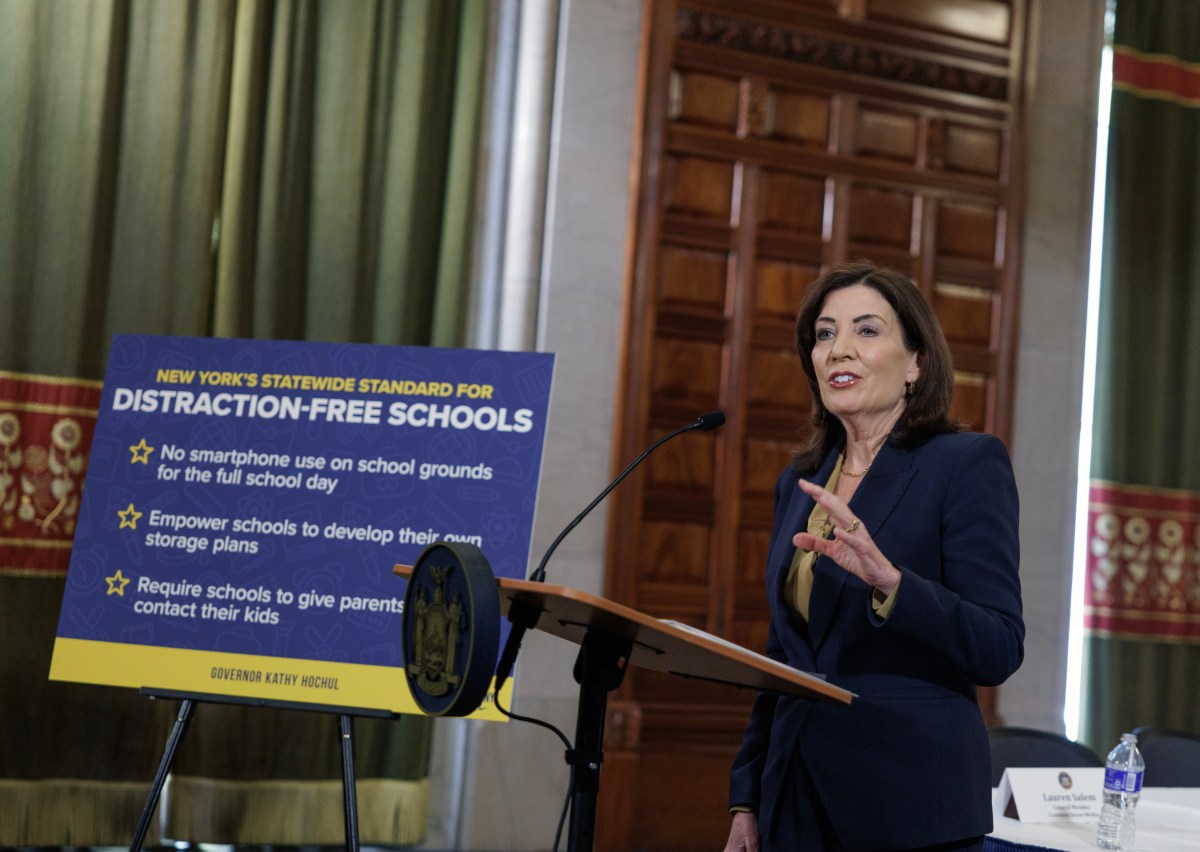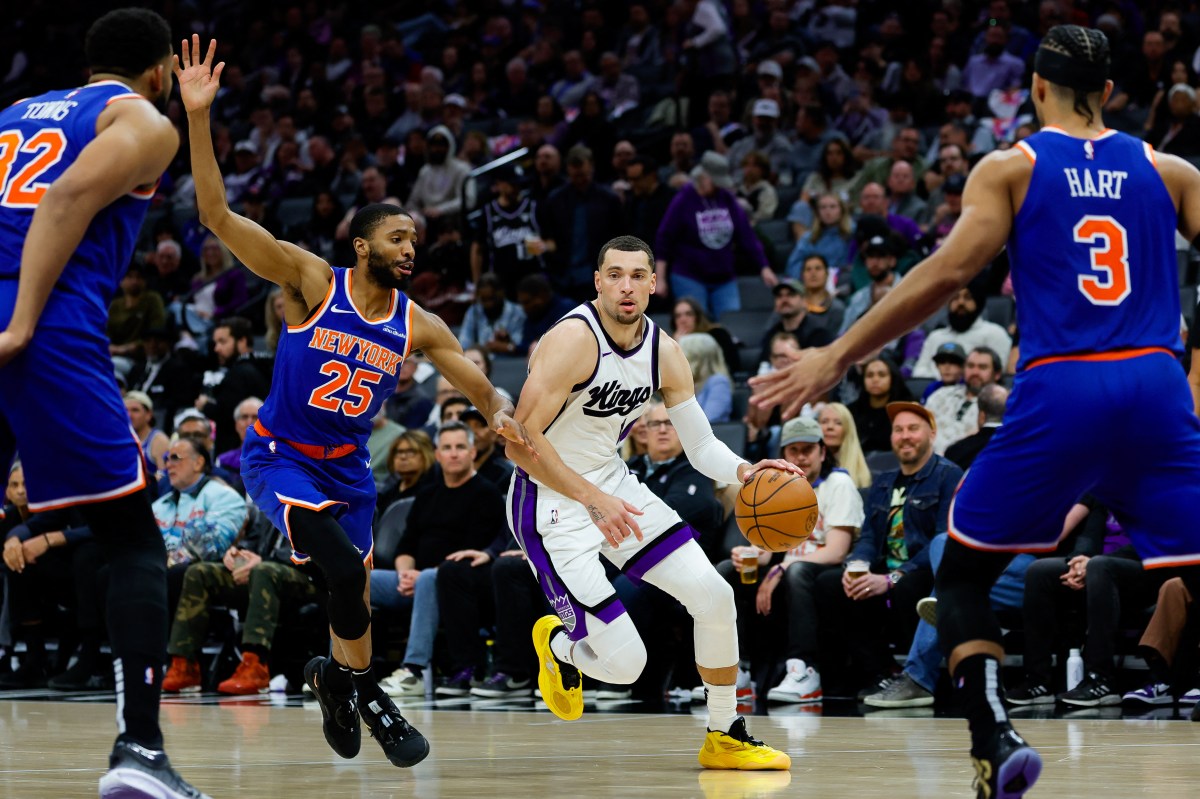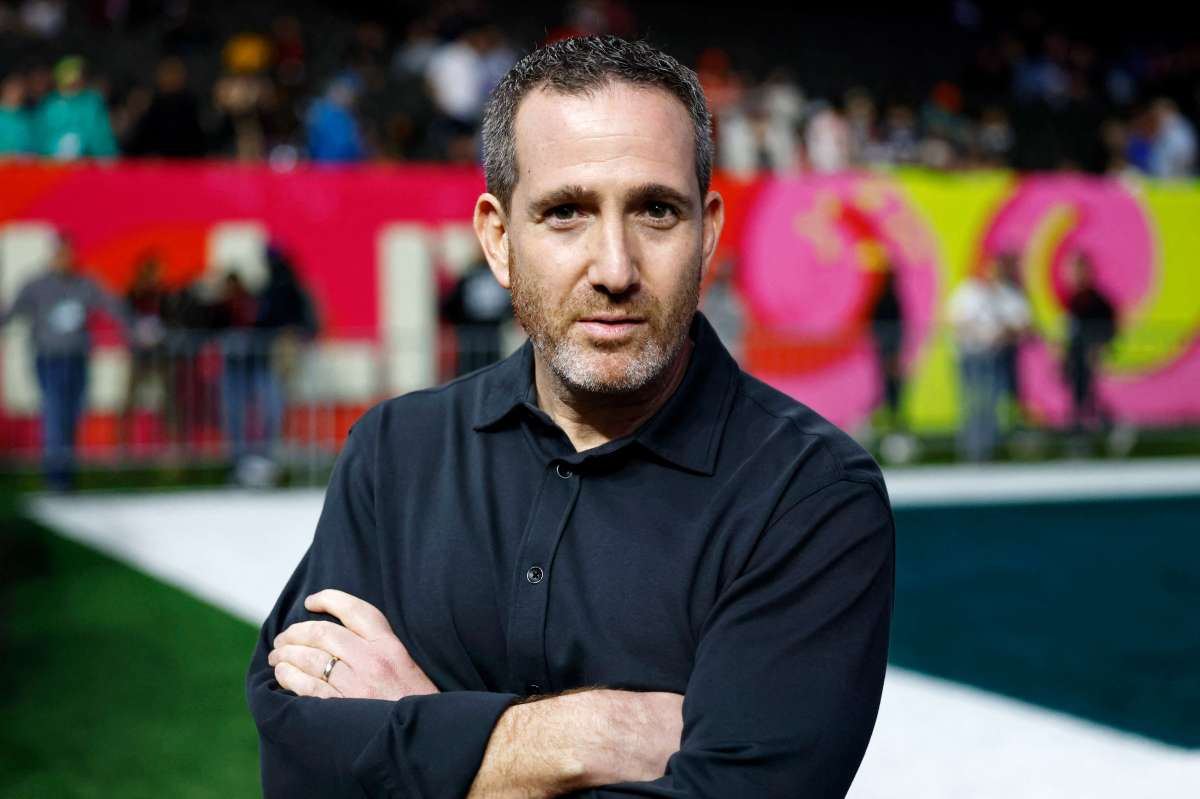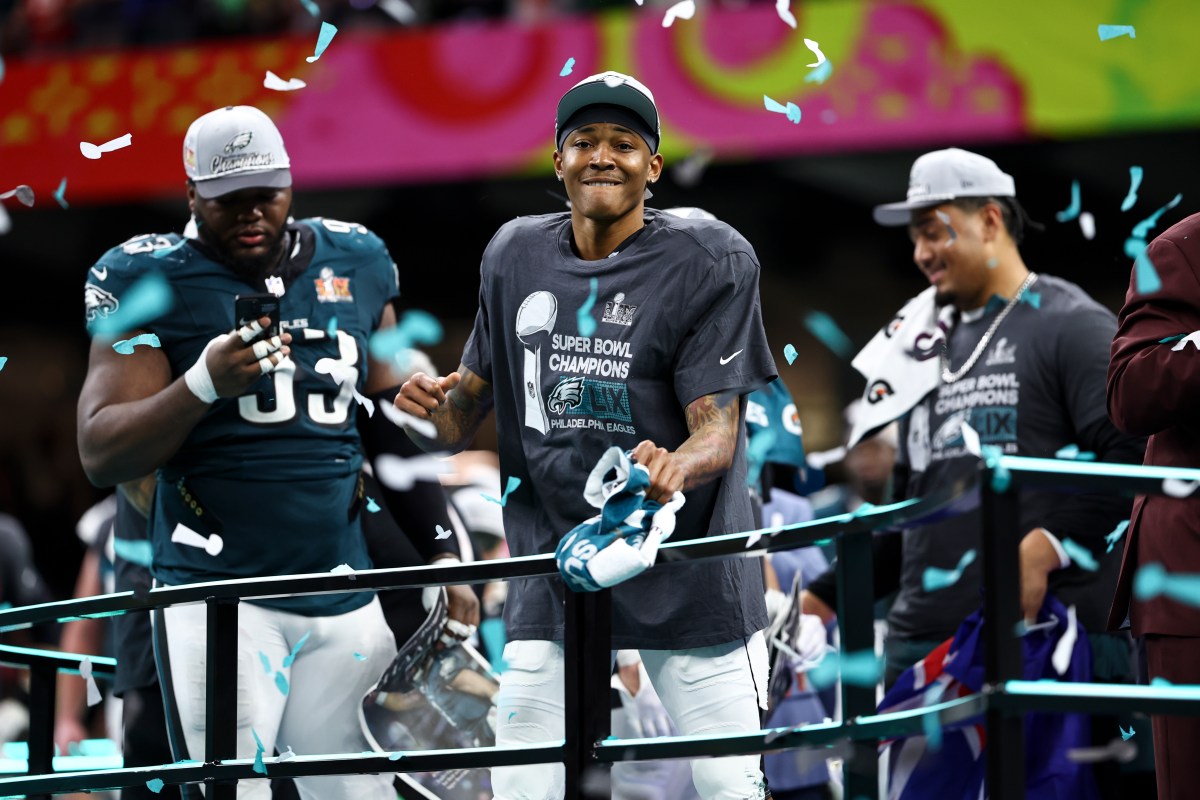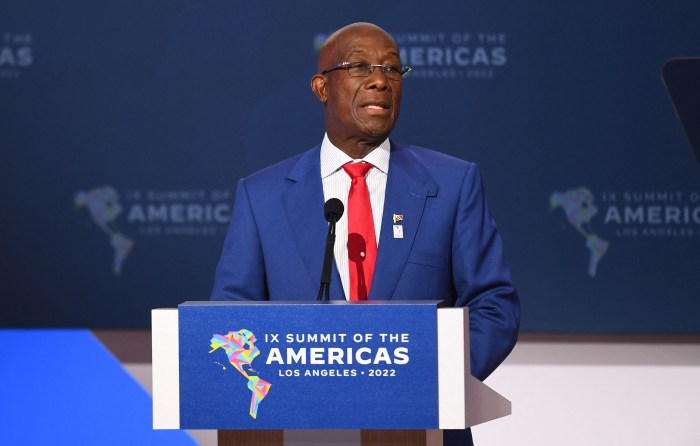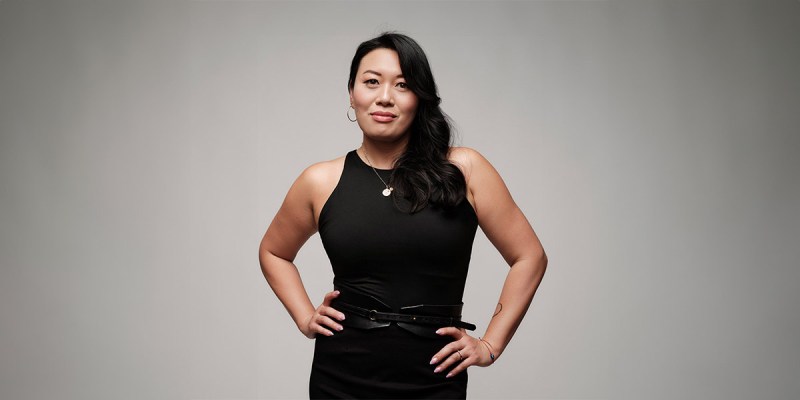The company that makes some of the world’s most iconic board games including Scrabble, Monopoly, and Clue is developing a new one based on Wordle, the obsessively popular digital word-guessing game.
Hasbro Inc. and The New York Times — which purchased Wordle earlier this year — announced Thursday that Wordle: The Party Game will be available for purchase in North America in October, with preorders already being accepted.
“Since Wordle burst onto the scene, it’s undoubtedly been a staple in social and pop culture vocabulary,” Adam Biehl, Pawtucket, Rhode Island-based Hasbro’s general manager of gaming said in a statement. “We’re beyond thrilled to work with New York Times Games to bring our gaming worlds together and extend Wordle in new ways.”
In the free online version, players get six tries to guess a five-letter word with only the previous guess providing clues.
The appeal is its ease of play. Start by typing in a five-letter word. If a square turns green, it’s the right letter in the right place. If it turns yellow, the letter is in the word but in the incorrect spot. Gray squares mean the letters are not in that day’s word.
The drawback is that it can only be played once per day.
The board game will give players the opportunity to play against others, and play as much as they want.
One player picks a random five-letter word, and the others try to guess it.
There will also be multiple play options, including classic, fast, timed, or teams, Hasbro and New York Times Games said.
Wordle was created by Josh Wardle, a Brooklyn software engineer. He originally made it for his partner, but released it to the public in October. On Nov. 1, only 90 people had played it. Within two months, that number had grown to 300,000 as the addictive phenomenon spread rapidly on social media.
New York Times Games announced in January that it had purchased the game for an undisclosed price it described as the “low-seven figures,” and it now has millions of players per day.
“Wordle truly brought us all together and that’s what makes it so special,” said Jonathan Knight, head of Games for The New York Times.



